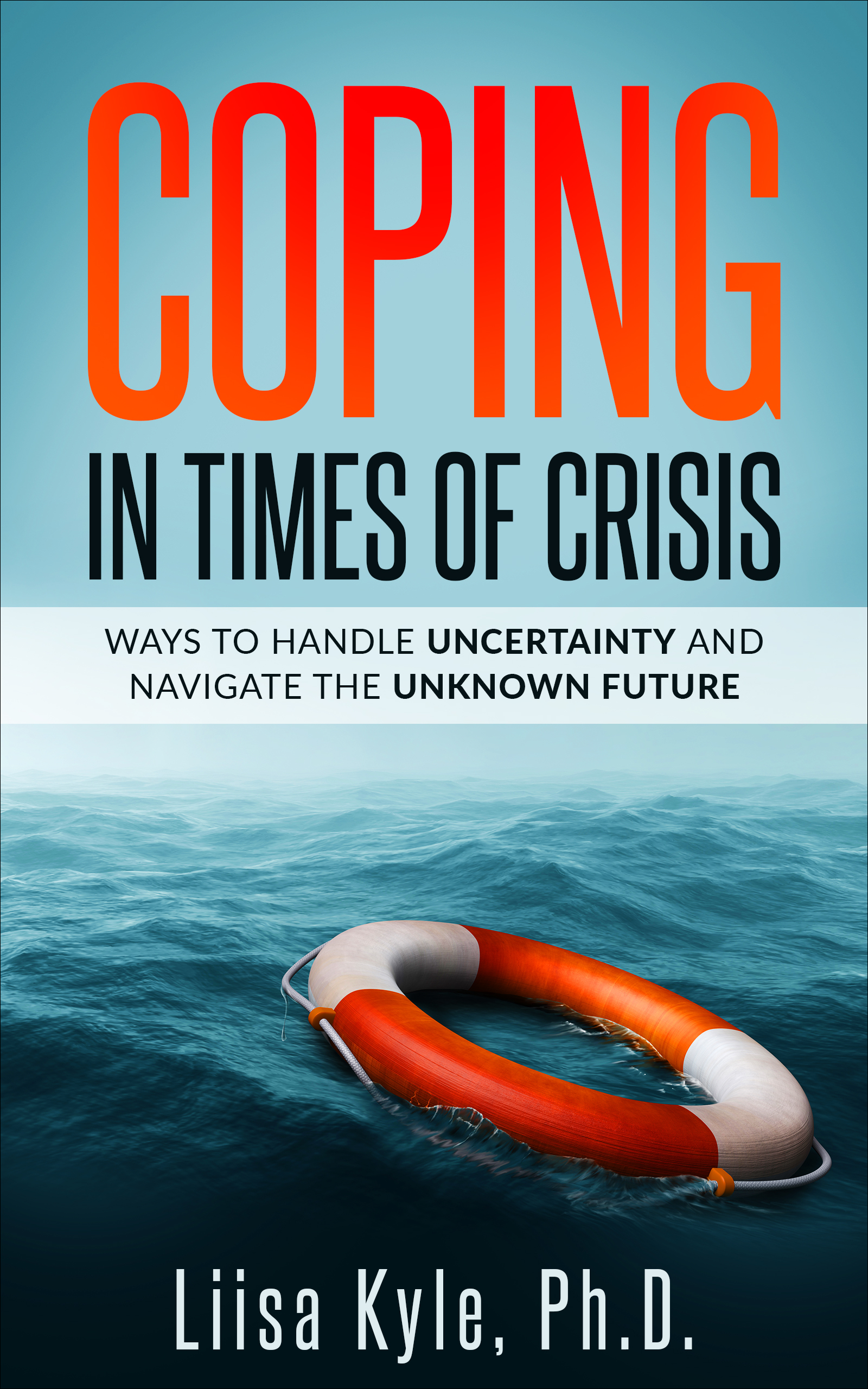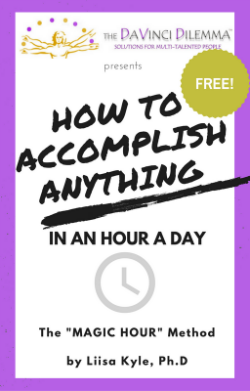
By User:Vassil (File:Sépulcre_Arc-en-Barrois_111008_12.jpg) [CC BY 3.0 (https://creativecommons.org/licenses/by/3.0)], via Wikimedia Commons
There is nothing wrong with making mistakes . . . unless others are adversely affected. As DaVincis juggling many projects, we are that much more likely to let people down along the way — personally and/or professionally. Maybe we forget to do something we said we would. Perhaps we do or say something that causes someone strife. Maybe our attitude or reactions are disappointing to someone expecting something else from us.
Stop for a moment and think about a time when you let someone down. Review your memory of what happened. What did you do — or not do — that disappointed someone? How did this come to occur? Why did you do what you did (or didn’t) do? What were the consequences? How did it affect the other person? Did you acknowledge what happened to the other person or did you let it slide? How did this experience affect your relationship?
Once you have a concrete example in mind, let’s proceed: In an ideal world, what do you do when you let someone down?
1. Recognize that it’s happened.
This sounds trite but this is where a lot of us mess up. We first need to realize that we have let someone down. That our actions have affected someone else. Sometimes this is clear from the way others are responding to us — a change in tone or warmth, for example. Sometimes the affected others withdraw or distance themselves. Yet sometimes it’s not so obvious. Especially when people really care about us — or depend on us. Sometimes people hide the hurt or disappointment we’ve caused them.
If in doubt, ask.
It’s a horrible thing to let someone down. It’s worse, still, when it takes you a while to realized the impact of your actions (or inaction) on someone else. But never mind. Better late than not at all. Once you *do* figure it out, you have an opportunity to make it right.
2. Apologize.
Tell the person you are sorry for disappointing them. Acknowledge what you did — or didn’t do — and note the impact it had on the other person.
Avoid the temptation to excuse or explain your behavior. That you were busy/juggling too much/dealing with a personal issue/naive is pretty much irrelevant to the point that you let down the other person.
Keep the focus on them, not you.
3. Make amends.
Make it right. As a creative person, you can devise clever ways to make amends. If you’re not sure what to do, ask.
4. Forgive yourself.
We are all doing the best we can. Once you’ve apologized and done your best to make amends, it doesn’t help to continue to feel badly about what happened or to beat yourself up. Forgive yourself. Resolve to learn from the experience. Move on.
What if its not possible to apologize or make amends to the person? What if they are no longer in contact with you or reachable or if they’ve passed away?
One option is to write down the story of what happened in as much detail as possible — then re-write it as you wish it would have unfolded.
Another option is to write a letter to the missing person as if you could actually communicate with them. Be candid and heartfelt. Devise a way to make amends. Is there a way to pay it forward or benefit others on their behalf? For greater impact, read the letter out loud.
Since my mother died unexpectedly, I have become painfully aware of ways in which I let her down. I can’t apologize or make it up to her directly. I can move forward with enhanced sympathy, empathy and insight. I can commit to being more vigilant about the impact of my actions on others in the future. By encouraging other people to recognize when they let others down — and by advocating the position that it’s never too late to apologize or to try to make it right — this article is one way in which I hope to make amends.
*****
For more, check out my book “GET OVER It: Overcome Regret, Disappointment and Past Mistakes”. Available here in hardcover, paperback, and eBook formats: http://bit.ly/GetOverItNow
*****
Want to re-publish this article? Go for it – just include the author’s name, a link to this original post and the following text blurb:
Are you struggling with too many talents, skills, ideas? You may have The DaVinci Dilemma™! Find tools, fun quizzes, coaching, inspiration and solutions for multi-talented people at http://www.davincidilemma.com/ .




